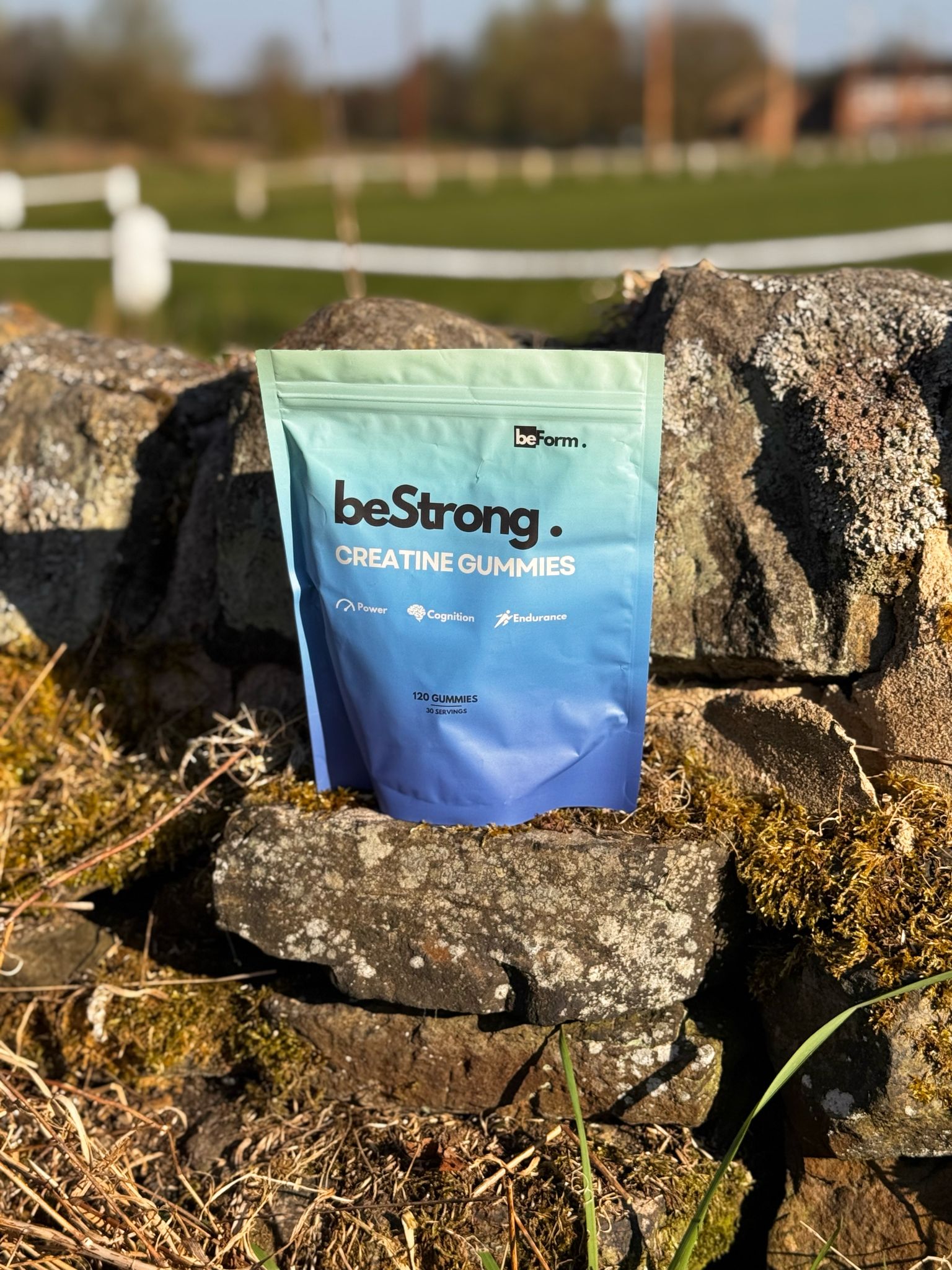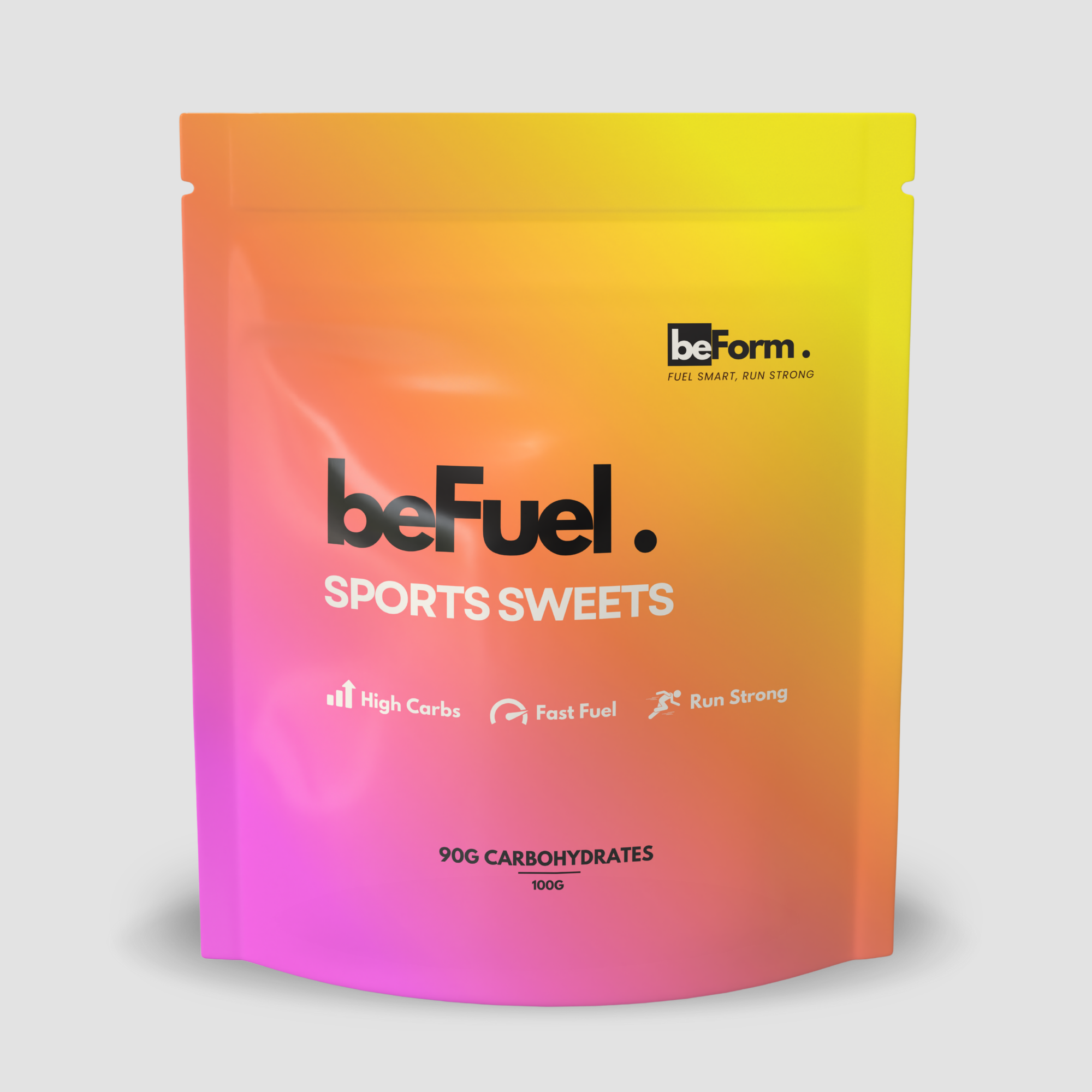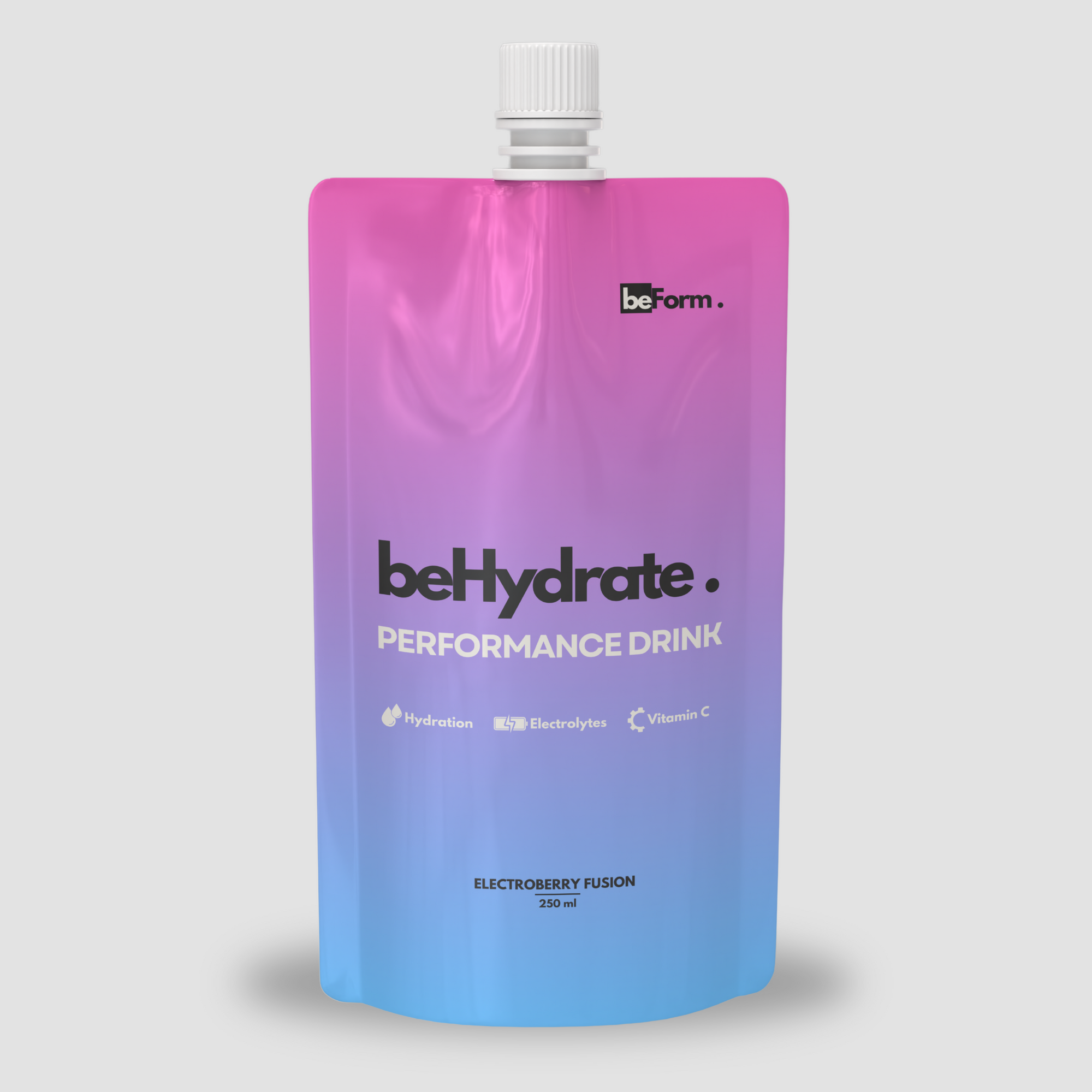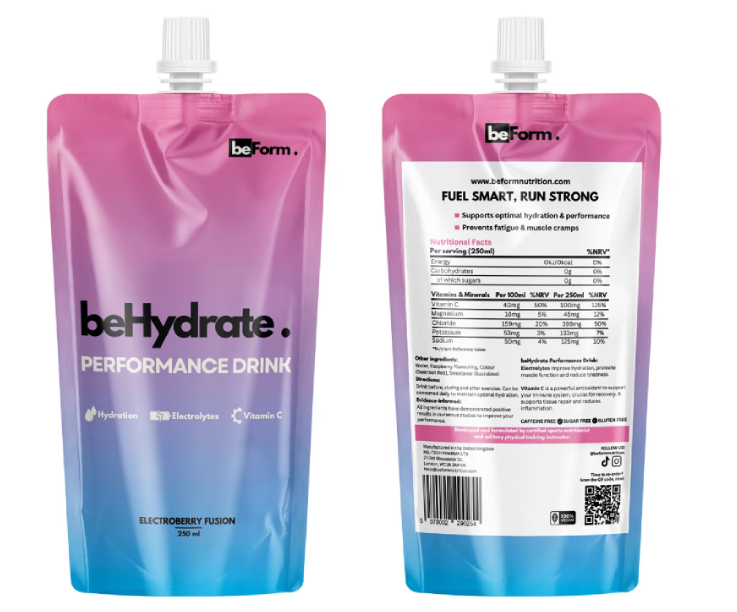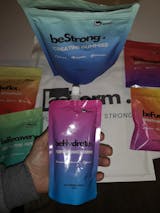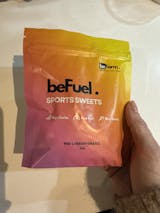Understanding Muscle Recovery
Muscle recovery is an essential component of any fitness regime, particularly for athletes and those participating in high-intensity workouts.
The importance of recovery cannot be overstated as it directly influences performance, injury prevention and overall health benefits.
Following strenuous physical exertion, muscles undergo physiological changes that facilitate healing and restoration, key components to reaching peak athletic performance.
As soon as intense physical activity ends, muscle fibres experience micro-tears. To repair these tears, the body activates numerous physiological mechanisms.
One such method is protein synthesis; not only will this heal, but also strengthen damaged fibres for increased muscle mass and performance improvements.
Furthermore, intense exercise elicits an inflammatory response, which initiates repair processes, but excessive inflammation can impede recovery timelines, so managing inflammation effectively is vital in order to ensure an efficient recovery.
Nutrition plays a key role in supporting muscle recovery. Consuming an adequate amount of macronutrients, such as protein, is vital, providing the building blocks needed to repair muscles.
Carbs replenish glycogen stores depleted during exercise. Furthermore, vitamins and minerals found in fruits and vegetables help reduce oxidative stress and inflammation and speed up recovery times. When combined with creatine supplements like beStrong, you can see big results.
Proper recovery protocols must include not only nutritional strategies but also other modalities like rest, hydration and active recovery techniques to combat fatigue, reduce injury risk and optimise long-term performance gains.
Neglecting this stage could result in overtraining, which hinders progress or even causes setbacks.
How Protein Affects Muscle Recovery
Protein plays a pivotal role in muscle recovery after strenuous exercise. While working out, muscle fibres experience micro-tears; the repair and rebuilding of these fibres lead to muscle growth and recovery.
Muscle protein synthesis plays a key role in this process and relies heavily on protein availability.
As individuals seek to aid muscle recovery through diet, animal-derived proteins like whey and casein are excellent choices to add to their diets. Their high biological value and rich amino acid profiles make them particularly potent choices.
Whey's rapid absorption makes it the perfect post-workout protein option, while its abundance of leucine helps encourage muscle protein synthesis.
Conversely, casein offers slow absorption rates that release amino acids slowly for sustained release during periods of fasting. That said, as we have explored in another one of our articles, chocolate milk could be the better option for most.
Plant proteins offer ample support for muscle recovery for those living a vegan lifestyle. Sources such as pea protein, brown rice protein and hemp protein contain essential amino acids that can be combined to enhance effectiveness.
It is key for plant-based eaters to consume an array of these plant proteins in order to meet their amino acid requirements appropriately.
Ideal protein consumption for muscle recovery typically ranges between 1.6 to 2.2 grams of protein per kilogram of body weight, depending on activity levels and individual recovery needs.
Furthermore, timing is crucial; taking protein within 30 minutes to 2 hours after working out can maximise recovery benefits and allow your body to utilise these vital nutrients effectively and promoting muscle repair and growth.
Carbs Are Essential for Recovery
Carbohydrates play an essential role in post-exercise muscle recovery. As energy needs during intense training or endurance workouts increase, your body draws upon stored glycogen for fuel, making replenishing these stores a critical element of recovery and preparation for future workouts.
This process is especially essential in sports and fitness activities where performance relies on sustained energy levels.
Simple and complex carbohydrates fall into two broad categories. Simple carbs found in foods like fruits and honey are easily metabolised by the body, providing quick energy surges upon consumption.
Conversely, complex carbohydrates such as whole grains, legumes and starchy vegetables take longer to break down and release energy slowly over time, providing both immediate energy needs as well as supporting long-term replenishment of glycogen stores. Combining both types can enhance recovery.
Carb and Protein Ratio for Muscle Recovery
As a sports nutritionist, I would suggest consuming carbohydrates at a ratio of 3:1 or 4:1 to maximise recovery, as provided by chocolate milk.
By selecting and timing their carb sources strategically, athletes can significantly enhance muscle recovery processes and thus enhance subsequent performance outcomes.
Research suggests that individuals engaging in high-intensity exercise would benefit from consuming a 3:1 ratio of carbohydrates to proteins after strenuous workouts or competitions.
This ratio facilitates the rapid replenishment of glycogen stores, which is necessary to perform at their best during subsequent training sessions or competitions.
After strenuous workouts, muscles become depleted of glycogen; carbohydrates provide vital energy needed to replenish it quickly after strenuous sessions, while protein helps stimulate protein synthesis for overall recovery of muscle proteins, ensuring holistic recovery processes.
On the other hand, endurance athletes or those engaging in longer workouts may require a 4:1 carbs-to-protein ratio post-workout for maximum benefits.
A higher intake of carbohydrates ensures optimal glycogen restoration is possible and prepares the body for future physical demands.
As athletes work to apply these ratios in practice, they might consider options such as a banana-protein smoothie or a turkey sandwich on whole-grain bread that adheres to recommended carb-to-protein ratios.
Doing so can greatly enhance muscle recovery and overall performance.
Methods to Overcome Delayed Onset Muscle Soreness (DOMS)
Delayed Onset Muscle Soreness (DOMS) is a common side effect of intense physical activity, particularly if one engages in unfamiliar types or levels of exertion.
DOMS typically appears one to two days post-exercise and is caused by microtears in muscle fibres caused during strenuous workouts, leading to inflammation that results in feelings of pain and discomfort.
Understanding its physiological causes is vital in formulating effective recovery strategies.
One of the best ways to combat DOMS is through a planned post-workout nutrition strategy. Consuming a meal that includes both proteins and carbohydrates after exercise can enhance muscle protein synthesis, which is key to recovery.
Establishing a proper rest-recovery routine is integral to combating DOMS. Allowing muscles time to heal allows the healing process to work more effectively.
Light physical activity, such as walking or gentle stretching, may be beneficial in improving blood circulation, thus feeding muscle health while relieving stiffness and soreness.
Furthermore, foam rolling or gentle massage techniques may be implemented to alleviate muscle tightness and speed up overall recovery.
Combining strategic nutrition, hydration, rest and light activity are key components to managing DOMS effectively.
By understanding its causes and employing these evidence-based practices to accelerate recovery time and lessen discomfort during exercise sessions.
Benefits of Ayurveda Plant Extracts in Aiding Recovery
Ayurvedic plant extracts have gained significant attention within sports nutrition due to their longstanding effectiveness at supporting overall well-being and aiding recovery from physical exertion.
Ashwagandha stands out for its multifaceted advantages; an adaptogenic herb used in traditional Ayurved medicine for centuries that has long been recognised for helping manage stress levels and decrease inflammation, making it especially advantageous for athletes looking to optimise muscle recovery.
Ashwagandha can help boost muscle recovery through its anti-inflammatory and antioxidant properties.
According to research, supplementation with ashwagandha may significantly decrease soreness following strenuous exercise, especially after intense workouts where inflammation can impede recovery and prolong soreness, negatively affecting performance in subsequent workouts.
Furthermore, studies indicate that ashwagandha may assist athletes by helping lower cortisol levels during periods of high stress; mitigating its impact can allow athletes to recover more efficiently, possibly leading to improved physical performance.
The integration of Ashwagandha into post-workout regimens can boost overall recovery. Ashwagandha can be consumed in capsules, powders or as an infusion in herbal teas. Athletes typically find that pairing it with a balanced protein-rich diet further amps up its effects for muscle repair and growth.
Conclusion: Choose the Appropriate Supplements for Your Recovery Needs
When selecting supplements for muscle recovery, it's essential to take individual factors such as workout intensity, diet preferences, and personal athletic goals into account.
Each body reacts differently to physical strain, and knowing these variations is critical in providing effective supplementation strategies.
A high-intensity workout may require greater investments in recovery support compared with lower intensity sessions; therefore, the chosen recovery supplements must meet this demand on the body during training sessions.
Dietary preferences also play a significant role in supplement selection. Athletes following vegan or vegetarian diets must ensure their recovery supplements contain plant-based proteins to meet nutritional requirements, while those with allergies must carefully read product labels to avoid unwanted reactions.
A balanced approach that takes nutritional needs and recovery goals into consideration will lead to greater effectiveness of the supplements selected.
When researching popular recovery supplements on the market, it's helpful to evaluate their primary ingredients and intended purposes.
Branched-chain amino acids (BCAAs) can reduce muscle soreness, while protein powder aids in rebuilding damaged fibres. Creatine may be helpful for athletes engaging in intensive training.
Selecting the optimal muscle recovery supplement requires careful consideration of personal factors and overall recovery goals.
By considering workout intensity, dietary preferences, and specific recovery aid functions as factors when making their selection decision, individuals can enhance their recovery process more effectively.
Please share any insight or advice on our Facebook page so we can all work together and enjoy running to its fullest.



